Rethinking Participation
I want to do a brief recap of recent events before I get into anything else.
In Afghanistan, the Taliban have swiftly retaken the country in mere days.
In Haiti, a 7.2 magnitude earthquake has killed almost 2,000 people.
In COVID news, five states in the USA have ICUs above 90% capacity: Florida, Georgia, Alabama, Texas, and Mississippi.
When it comes to climate change, the IPCC released a report stating that keeping the warming of the planet below 1.5 degrees Celsius is incredibly ambitious and would require global net emissions of carbon dioxide to fall to zero before 2050.
All these occurrences will have massive global ripple effects in one way or another. All of them are front-page news kind of stories, towering headlines that reinforce that we are living in a difficult time in human history, to put it incredibly mildly.
I’m not putting these events together for any of those reasons, though. Mine is much simpler.
Every single one of these events has brought out what I'll call "social media specialists".
If you participate in online discourse on current events in any way, you likely know who I’m describing. When the news came out about Afghanistan, they suddenly changed from your next-door neighbor to a decorated five-star general. When the pandemic first started, they morphed from regular people to top scientists who had been in their profession for decades. Whenever climate change comes up, they become climatologists who are revered in their field. No matter what the world issue is, they are somehow the world’s foremost authority, and they have strong opinions on every aspect of the problem.
I’ve experienced this firsthand. Last summer’s protests brought about waves of social justice activists that I had no clue existed until that very moment. They told me how I should protest, what MLK would’ve wanted, and how I should feel about the killings of people I knew could have been me (amongst other things).
Now, I don’t need to tell you that large swathes of these people were unqualified to be telling me, a black person for more than two decades now, how to react to the murders and subsequent protests that we all witnessed. I’d been living for years what they were now becoming privy to, and that’s still the case. I have tenure. I know the complexities of this experience, the ins and the outs that won’t be visible to many unless it’s made known to them. I see how the world interacts with my blackness and after reading and listening to other people, I have a better understanding of how my blackness intersects with things like gender and economic standing. I have been able to grow exponentially through a repeated cycle of intaking information from celebrated and credible sources, internalization, self-reflection, and application of what I now know.
As a black person, if someone isn’t willing to participate in that cycle themselves when it comes to how race plays a role in their lives, I don’t want to be around them. It’s difficult to hold constructive and thoughtful conversations with someone who hasn’t also done the work because you’re on two different levels.
With that, I’d like to say this- if you are what I’ve coined a social media specialist, it may be best for you to not participate in public discourse on complicated world topics until you’ve done the work that will allow you to do so with accurate information.
Rethink your participation in these discussions by changing it from active to passive. The adage “you have two ears and one mouth” comes to mind, something that’s normally reserved for children. I’m using it here because that’s who it feels like I’m talking to a good 85%-90% of the time when it comes to these kinds of discussions. I’m not talking about my peers, either. I’m mainly speaking about American adults right now. Around 45% of them get their news from Facebook. Unfortunately, Facebook is a company with massive disinformation problems, and around half of that 45% say it’s their only news source. This means that they’re going into conversations on critical world events armed with the information they got from memes and a whitewashed American educational system upbringing that’s littered with Red Scare propaganda. They were only taught one way, one narrow perspective, and it’s being applied to a world where there are so many others.
We need to listen when Haitians tell us not to donate to the Red Cross in the wake of natural disasters. We need to listen to the children and young people who are inheriting this world when they talk about how important it is that we combat climate change, and how to go about it. We need to listen to the reparations activists who have made it their life’s work to ensure that Black Americans get what they deserve. They know better than us, and so much can be learned by simply listening.
There is a whole world out there that is vast, layered, and multifaceted. I know because I grew up with access to it in the palm of my hand, and I still had to step back and realize that going into conversations with my mouth closed and my ears open is the only way that I’m going to grow. Any geopolitical knowledge I’ve amassed, understanding of intersectionality I’ve gained, or historical reassessment I’ve done has come because of putting what I think I know on hold. Not only can anyone do it, but it will always be worth it.
There’s plenty more to talk about, plenty more dots to connect, plenty more context to give. We’ll continue doing so next week at 2 PM.

